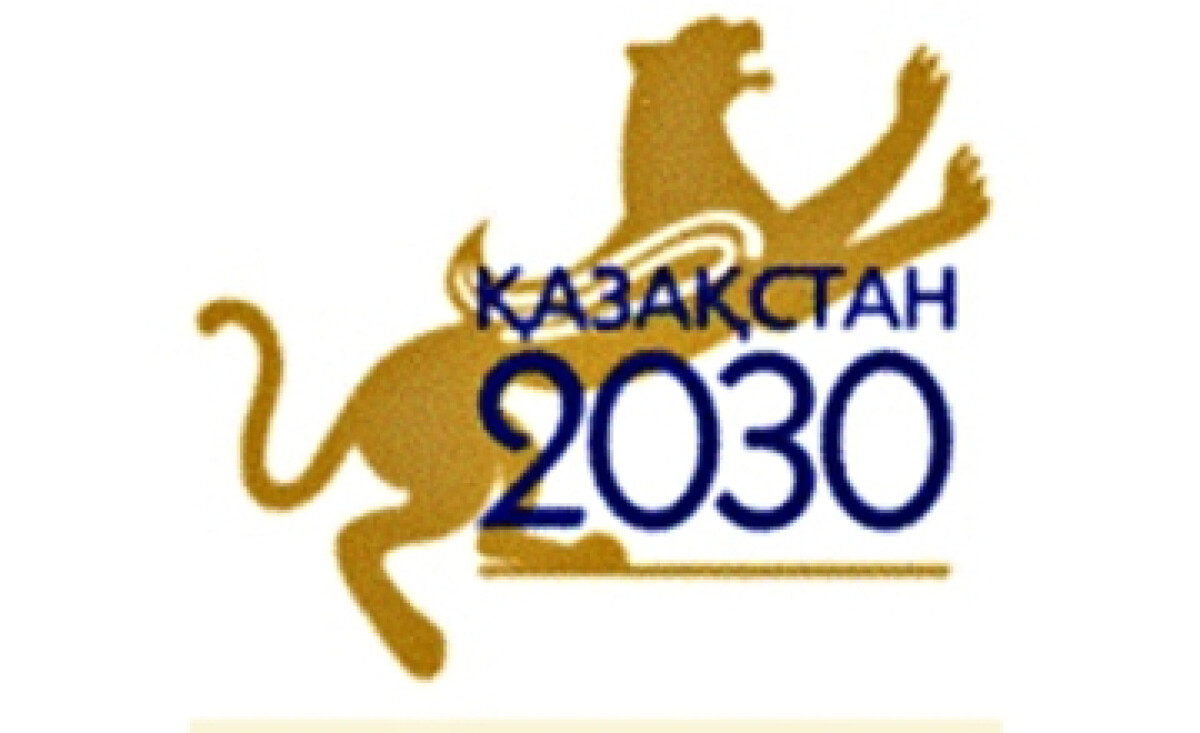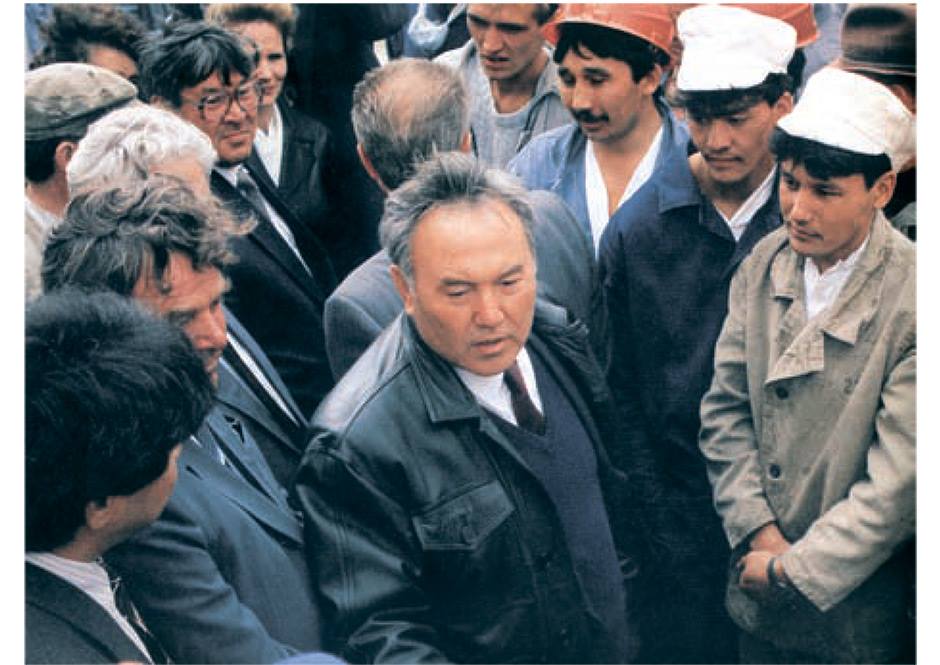
The main goal set in the Strategy was to create all the conditions for prosperity, security and improving the welfare of the people of Kazakhstan.
1997 was not easy, not all people overcame the post-Soviet syndrome, and it was not easy for Kazakhstani people.
After the President's historic address to the Parliament in October 1997, many were seized with confusion. The President announced an incredibly ambitious task. A huge task was set - to reverse the course of events, to build a new country. Let's remember what goals and objectives were set in the "Kazakhstan-2030" Strategy?
The Strategy "Kazakhstan-2030" has built seven top priorities:
1. National security. Ensuring national security was the main factor in the independence of the Republic. Thanks to a balanced foreign policy, our country became a member of the leading international organizations - the UN, CICA, the SCO, and the CSTO, delimited state borders with all neighboring states and managed to preserve the territorial integrity of Kazakhstan.
2. Internal political stability and consolidation of society. Preservation of national unity, stability and tolerance in the society allowed Kazakhstan to grow a new generation of Kazakhstanis in an atmosphere of mutual understanding, friendship and harmony.
3. Economic growth based on an open market economy with a large attraction of foreign investment and domestic savings. The Strategy paid special attention to economic development, which was implemented not only at the expense of the country's internal development, but also at the expense of foreign investments. This priority was closely linked to the republic's budget, and was aimed at addressing such social problems as unemployment, corruption and other types of crimes. As a result, a market economy was built in the country, privatization was carried out, the national currency - tenge was introduced, and small and medium business is actively developing.
4. Health, education and well-being of citizens of Kazakhstan. The state contributed to improving the quality of the provision of medical services, living conditions, created a competitive educational environment, and made the transition to international standards of the Bologna system.

5. Energy resources. The wealth of Kazakh lands in the form of fuel and raw materials served as a guarantor of stable economic development of the country, the oil and gas industry became the locomotive that attracted other sectors of the economy. Professional distribution of oil revenues led Kazakhstan to the top ten oil countries.
6. Infrastructure, transport and communications. The establishment of a successful functioning of external and internal communication ensured the intensive development of other branches of production.
7. Professional state. The Agency for Civil Service Affairs was created; the Laws "On Public Service", "On Combating Corruption", "On Administrative Procedures", and the Code of Honor of Civil Servants were adopted. A competitive system of admission to the civil service was introduced. Formation of the corps of high-level civil servants, "servants of the people", since 2008 has gradually moved to a new level. Civil servants of Corps "A" became the guarantee of trust between the state and society.
2030 was chosen not by chance. During this time, a young generation of Kazakhstanis has grown up; they took an active part in public life and diversified themselves in the construction of an independent state. When developing the "Kazakhstan-2030" Strategy, demographic factors, economic features and patterns of development of science and technology in Kazakhstan and in the world were taken into account. Kazakhstan in most indicators has justified the goals set in the Strategy.
In December 2012, Nursultan Nazarbayev summed up the results of the implementation of the “Kazakhstan-2030” Strategy, which was completed ahead of schedule for a number of parameters. The President of the country proposed a new political course for the nation until 2050, which became a logical continuation of the implementation of the objectives of the “Kazakhstan-2030” Strategy.
Translated by Raushan MAKHMETZHANOVA
